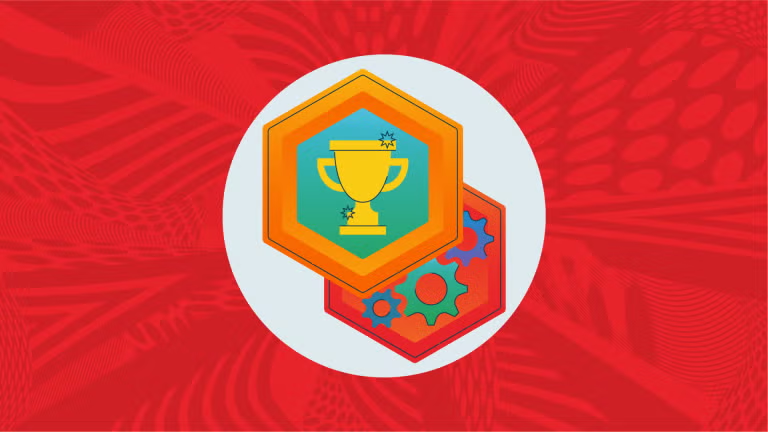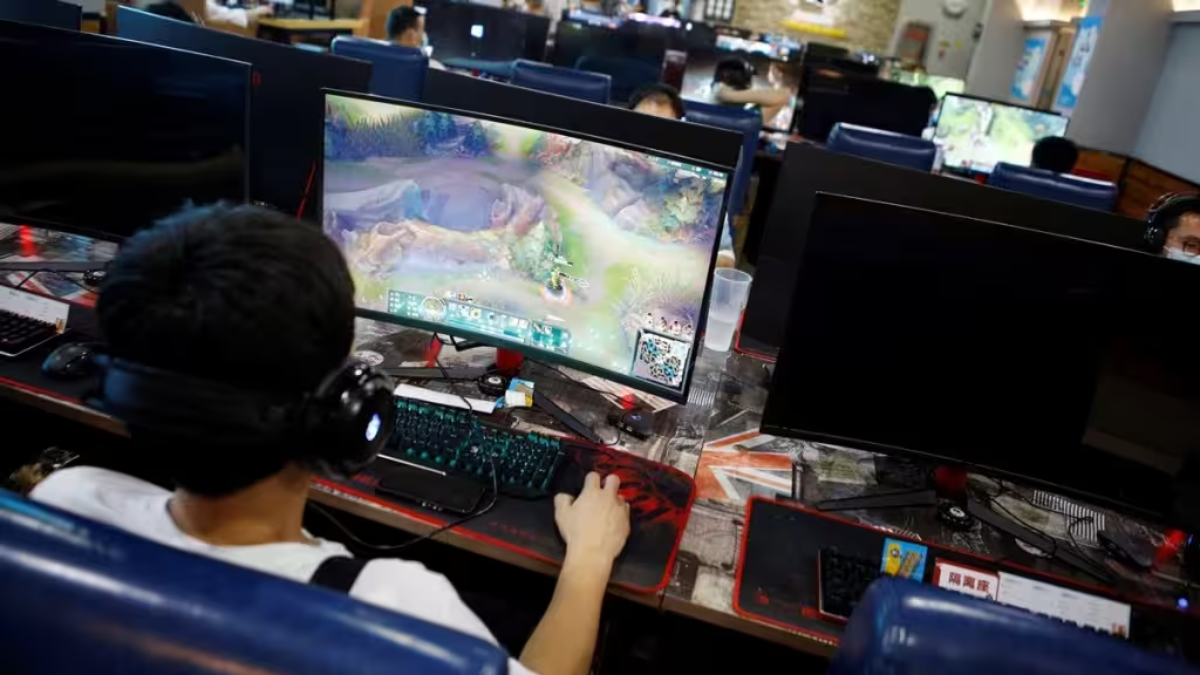Artificial Intelligence (AI) is transforming every aspect of modern life, from how businesses operate to how we interact with technology in daily life. However, this surge in AI-driven innovations has not come without concerns. While the technology is lauded for its potential to revolutionize industries and ease human effort, there is an increasing body of research suggesting that the extensive use of AI may have adverse effects on our cognitive abilities. Numerous studies, such as those from the University of Pennsylvania and the National Institutes of Health, warn that AI might lead to a decay in human cognitive skills, stifle creativity, and even reduce our capacity for independent critical thinking.
In this article, we will examine the concerns regarding AI’s effects on cognitive development, explore the consequences of over-reliance on AI, and look at how this might impact education, professional sectors, and societal dynamics in the long term. Additionally, we will critically assess whether AI is truly a threat to our intelligence or merely reshaping how we learn and process information.
The Dangers of Over-Reliance on AI: Decay of Cognitive Skills
A key concern raised in studies conducted by institutions such as the University of Pennsylvania is the detrimental effect that over-reliance on AI tools like ChatGPT can have on cognitive skills. In a study titled Generative AI Can Harm Learning, researchers found that Turkish high school students using ChatGPT to assist with math problems performed worse on their tests compared to students who did not use the AI tool. The primary reason for this, according to the study, is that students were relying on AI to solve problems for them rather than developing the necessary skills themselves.
The process of solving math problems requires several cognitive functions such as critical thinking, memory, and logical reasoning. When students bypass these processes and simply request the solution from an AI, they miss out on the mental exercise that would normally strengthen their problem-solving abilities. The same problem can arise when AI is used excessively in other academic subjects, particularly in areas that require complex reasoning and deep understanding, such as history, literature, and philosophy.
This phenomenon of “AI-induced skill decay” is a growing concern, as it could create a generation of individuals who are unable to solve problems independently or think critically without the assistance of AI. As the researchers at the University of Pennsylvania point out, by asking AI for answers without understanding the underlying concepts, students are essentially “short-cutting” the cognitive processes that would have helped them develop a more robust intellectual capacity.
AI and the Erosion of Human Judgment
The overuse of AI does not only affect individual cognitive development but may also have wider implications for professional sectors. In industries like finance and healthcare, AI systems are increasingly being used to make decisions that were traditionally made by human experts. AI is now used to recommend investment strategies, diagnose medical conditions, and make important decisions based on large sets of data. However, the issue arises when the system’s output is trusted too heavily, and human decision-makers begin to rely on AI rather than using their judgment.
For instance, in finance, AI-powered algorithms are often used to predict market trends and suggest investments. While AI has the ability to analyze vast amounts of data and identify patterns, it is still susceptible to errors, especially in situations where the data is incomplete or biased. The risk of incorrect outputs from these AI systems can have severe consequences, as poor investment decisions could lead to significant financial losses. Similarly, in healthcare, AI tools that analyze medical data or provide diagnostic support might miss critical nuances that a trained physician could catch. The growing dependency on AI in these fields may result in a diminished ability for professionals to make informed decisions or exercise sound judgment independently.
The erosion of human judgment is particularly dangerous because, as studies show, the more we delegate decision-making to AI systems, the less practice we get in honing our own judgment. This is especially concerning in situations where human intuition, empathy, or ethical considerations play a vital role, such as in medicine or social work.
The Decline of Analytical Thinking
Beyond judgment, over-reliance on AI can also lead to the decline of analytical thinking skills. A significant concern raised by educational experts is that AI-generated answers may make students and professionals alike less inclined to engage with the underlying processes of problem-solving. As AI becomes more sophisticated, it can quickly provide solutions to complex problems, whether in mathematics, literature analysis, or scientific inquiry. However, this convenience may undermine the value of critical thinking.
For example, the use of AI to write essays or answer open-ended questions might result in students receiving high marks for work that they did not truly understand. The process of research, synthesis of ideas, and writing forces individuals to engage deeply with material, improving their ability to think critically. When AI performs these tasks, it reduces the need for this intellectual effort, potentially eroding one’s ability to think critically or creatively.
Can AI Be Compared to Previous Technological Advances?
A common rebuttal to the argument against AI is that similar concerns were raised during past technological advances. For instance, calculators and spreadsheets were once feared for their potential to degrade mathematical abilities. However, these tools are now widely accepted as indispensable aids for performing complex calculations quickly and accurately. The question remains: is AI a similar tool that is helping rather than hindering cognitive development?
While tools like calculators were designed to assist with specific tasks, AI is different in that it can perform tasks that require independent thought, such as writing, problem-solving, and decision-making. AI can assist in areas where we might have historically used our own judgment, but its growing presence in these areas means we may not practice or develop those skills as much as we used to.
Unlike calculators, which merely provide answers to mathematical equations, AI can generate content and offer solutions across a range of disciplines, including creative writing, art, and design. This expanded role of AI leads to the argument that AI is not just a tool but a partner, and it is helping to perform more of the cognitive tasks that humans once carried out. Some even argue that AI could become a supplement to human intelligence, allowing us to focus on more strategic or higher-level thinking.
But while AI may be viewed as a tool that aids in tasks, there is a significant difference between using AI as a resource and relying on it to perform tasks that we previously did ourselves. When AI does too much of the work, we risk disengaging from the very cognitive processes that build mental agility.
Finding a Balance: Incorporating AI Without Diminishing Human Intelligence
To prevent AI from having a harmful effect on our cognitive abilities, it is crucial that we strike a balance between using AI and continuing to develop our own intellectual skills. This begins with education. Educational experts are calling for AI to be used as a supplement rather than a crutch. While students may benefit from AI-assisted learning, they must be encouraged to develop a deep understanding of concepts rather than just accepting AI-generated answers.
Furthermore, AI systems themselves need to be developed in a way that encourages critical thinking and transparency. Researchers at Stanford University have pointed out that one key feature of AI systems should be their ability to explain how they reach their conclusions. If AI is merely providing outputs without explaining the process behind them, users are less likely to engage with the decision-making process or challenge the results.
Ultimately, AI should be seen as a tool to enhance, rather than replace, human intelligence. It can be used to automate routine tasks, optimize workflows, and improve efficiency, but it should not take the place of human thought and creativity. As we integrate AI into more aspects of our lives, we must ensure that we continue to cultivate critical thinking, judgment, and analytical skills, which are essential to navigating the increasingly complex world around us.
Conclusion
AI is undoubtedly a transformative technology that offers immense potential across various fields. However, its growing influence comes with significant risks to human cognitive development. Studies have shown that over-reliance on AI can result in skill decay, diminished judgment, and a decline in analytical thinking. While AI can be a valuable tool for enhancing productivity, it is essential that we use it in ways that complement, rather than replace, our cognitive abilities. By finding a balance between AI’s capabilities and our intellectual engagement, we can ensure that the technology serves to amplify human potential, not diminish it.











